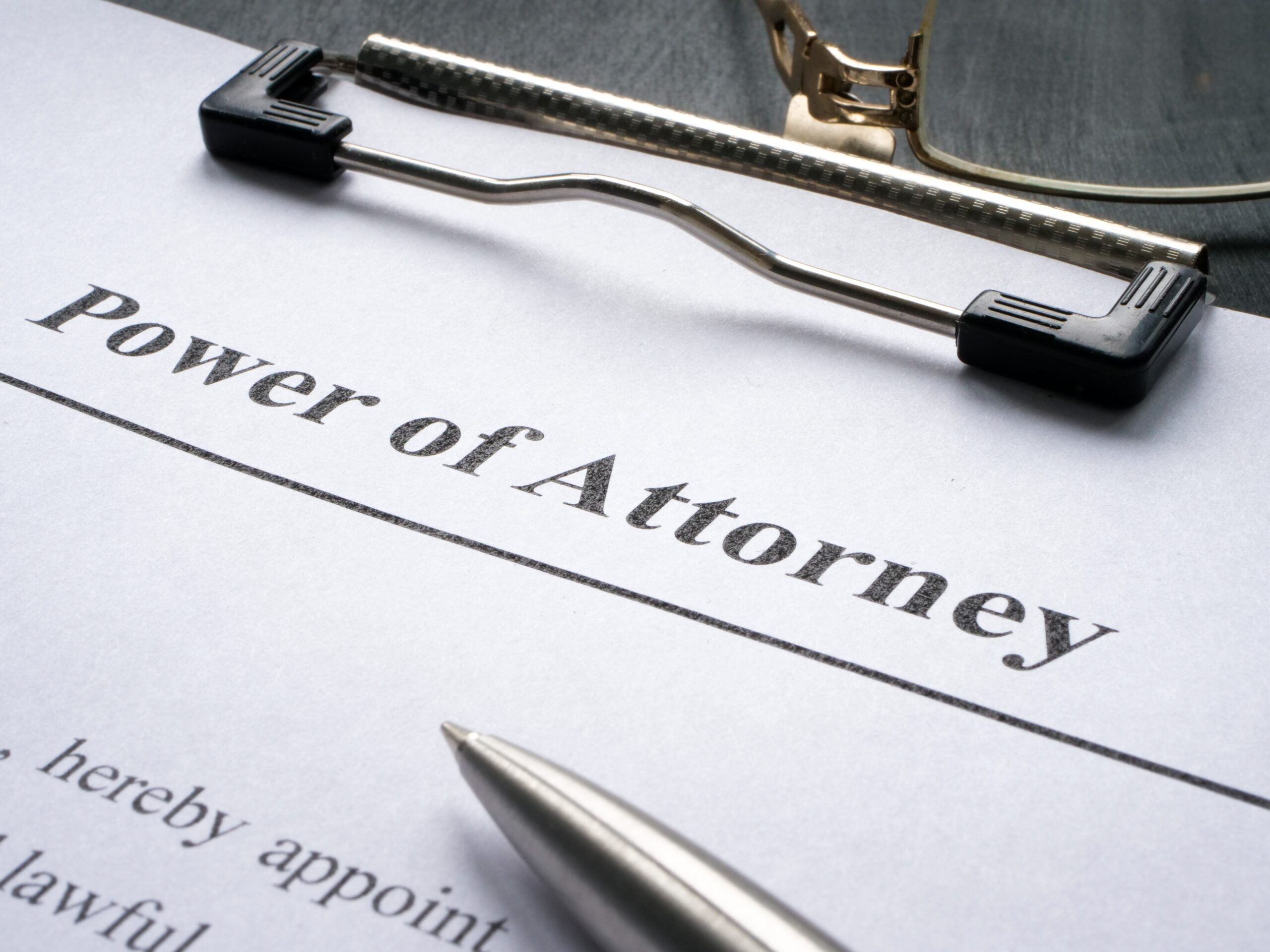
Under Virginia law, a power of attorney, conservatorship, and guardianship serve distinct—but sometimes overlapping—functions in managing the affairs of adults who are, or may become, incapacitated. Understanding the legal and practical differences among them is essential for families navigating elder care, progressive illness, or unexpected medical crises.
Power of Attorney: A Preventive Tool Everyone Should Have.
A properly drafted power of attorney (POA) can save your family from avoidable legal battles down the line.
A POA is a legal document executed by a competent individual (the principal) that authorizes another person (the agent or attorney-in-fact) to act on their behalf. This can include financial transactions, real estate decisions, and even personal affairs like dealing with insurance companies or managing benefits.
- Durability: A POA can be made durable, meaning it remains in effect after the principal becomes incapacitated, such as from dementia, brain injury, or stroke. This is essential if the goal is to avoid court intervention later.
- Revocability: As long as the principal remains competent, they can revoke or revise the POA at any time.
- Limitations: A POA is only effective while the principal is alive and does not grant authority to make medical decisions unless it specifically includes such powers or is paired with an advance directive.
A POA is a tool of proactive planning. If signed while the person still has legal capacity, it can prevent the need for court-appointed fiduciaries later.
Guardianship: Personal and Health Care Decision-Making.
A guardian is appointed by the court to make personal and medical decisions for an incapacitated adult. This includes choices about:
- Medical care and treatment
- Living arrangements (e.g., assisted living vs. home care)
- Legal decisions, including the ability to sue or be sued
- Daily needs such as meals, hygiene, and services
Guardianship is the legal equivalent of taking over another adult’s personal autonomy. For this reason, courts impose it only when no less restrictive alternative exists.
Just like conservators, guardians must:
- Act in the person’s best interest
- Consider their expressed wishes and values
- File periodic reports with the court on the person’s status
Conservatorship: Financial Management.
A conservator is someone appointed by a Virginia circuit court to manage the property and finances of an incapacitated adult. Unlike a POA, which is voluntarily granted, a conservatorship arises when the individual has already lost the ability to manage their affairs and did not—or could not—execute a POA in advance.
Key features:
- The conservator must act as a fiduciary, meaning they are legally bound to act solely in the interest of the incapacitated person.
- Duties include managing income, paying bills, preserving assets, filing taxes, and sometimes seeking court approval for major expenditures or asset sales.
- Annual accountings and reports are typically required, which are subject to court or commissioner review.
Virginia law requires conservators to encourage independence and involve the individual in decisions when possible.
The Threshold: Incapacity
Guardianship and conservatorship can only be imposed after a court finds that the individual is incapacitated by clear and convincing evidence. The process involves:
- Filing a petition
- Giving notice to the individual and next of kin
- A hearing, often with medical or psychological testimony
- Appointment of a guardian ad litem to represent the person’s interests
This is a public, sometimes adversarial process. If a valid POA exists, it often obviates the need for such proceedings.
Overlap and Combination.
Virginia law allows the court to appoint one person to serve as both guardian and conservator, or separate individuals for each role. The choice depends on the facts, the capabilities of the
proposed fiduciaries, and in the best interest of the incapacitated person.
Final Thoughts
The key takeaway is this:
If your loved one still has legal capacity, act now to execute a durable power of attorney and advance directive. Waiting until capacity is lost leaves only the court system as an option—expensive, time-consuming, and emotionally taxing.

